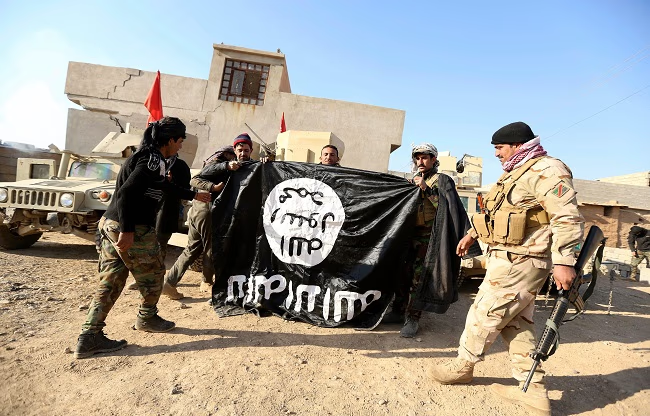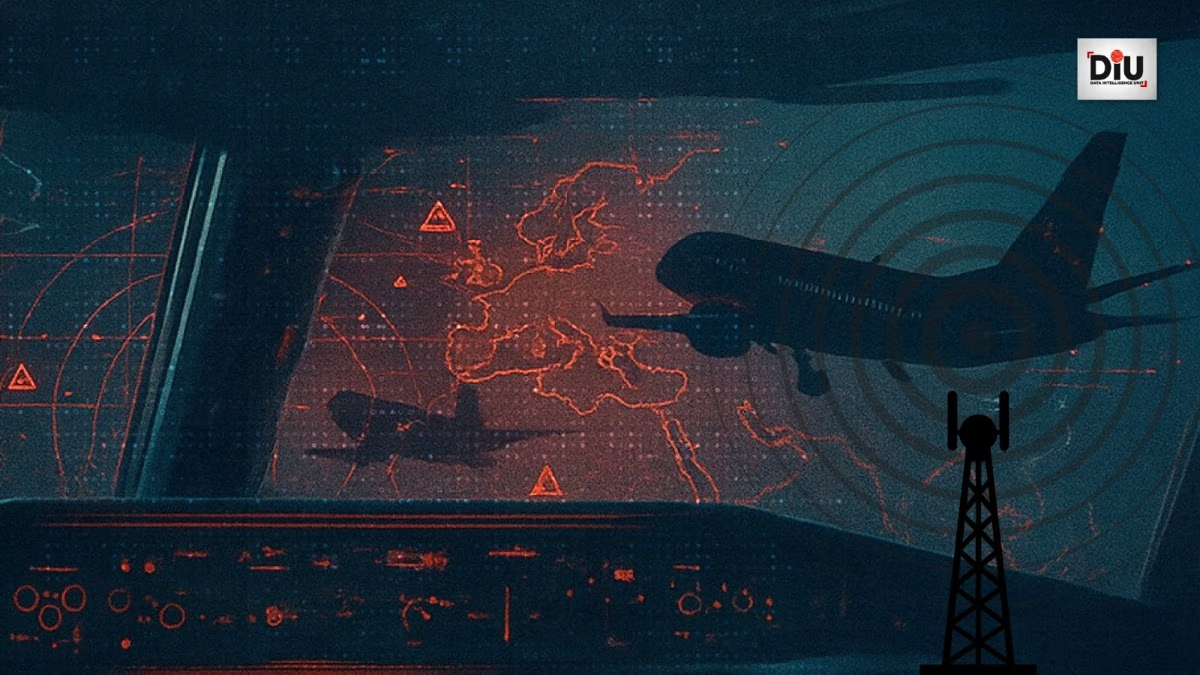No list of terrorist groups in Islamic countries is complete without Al-Qaeda. Emerging from Afghanistan in the early '90s, it soared under Osama bin Laden's leadership. Following the 9/11 attacks, America spearheaded a relentless campaign to eliminate it. Although weakened, Al-Qaeda adapted by relocating its headquarters, now operating in places like Mali, where it recently kidnapped three Indian nationals.
Key Points of Discussion
- Why did Western efforts fail to completely dismantle this tenacious terrorist group? - What's the operational model, and who funds it? - Why did it shift its base from Asia to Africa? - Do Islamic groups like ISIS and Al-Qaeda share ideological bonds, or do they conflict?
Born against the Soviets, later the US became the Enemy
Al-Qaeda originated between the '70s and '80s when the Soviet Union waged war in Afghanistan. Sensing an opportunity, the West backed Muslim youth to fight in Afghanistan under the banner of jihad. With backing from the US and Saudi Arabia, these fighters were armed and trained. Osama bin Laden arrived from Saudi Arabia to assume an active role, financially supporting and establishing Al-Qaeda, meaning 'The Foundation', in 1988.

Source: aajtak
The Objective
A call was made for global jihad by uniting Muslims worldwide. Bin Laden believed that America and its allies were enemies of Islam, necessitating their downfall.
By 1989, the Soviet forces left Afghanistan. Al-Qaeda then shifted focus onto Western countries, beginning with America.
The Method of Operation
This organization was originally globally networked. Through interconnected groups across countries trained for suicide missions, the clear aim was to strike America and its allies whenever possible.
Consequently, 9/11 marked a turning point, drawing American military retaliation on Afghanistan, scattering Al-Qaeda operatives.
Current Operational Approach
Transitioning to a decentralized model with a global jihad aim, different factions under various names function worldwide. Recent actions, like the Mali kidnapping, highlight Al-Qaeda in the Islamic Maghreb's presence in West Africa. Collaborating with local terrorist groups lets them sidestep establishing new territories.
Although less prominent than in the '90s, Al-Qaeda persists as a shadow organization, leveraging local networks. Post Taliban's Afghan resurgence, Al-Qaeda's relevance resurfaces among factions in Pakistan's Khyber Pakhtunkhwa and Baluchistan, with entrenched roots in Yemen, Syria, and African nations.

Source: aajtak
Sources of Funding
- Previous support from Gulf sympathizers under 'Global Jihad' has waned. - Charitable fronts used for funding continue to gather money under false pretenses. - Earnings from drug trafficking, arms smuggling, and kidnappings add to Al-Qaeda's resources.
Soft Support Today?
In the '90s, Al-Qaeda secretly garnered sympathy from certain Muslim communities, particularly those opposing America and Israel. Post 9/11, its popularity declined. While no nation admits ties to Al-Qaeda, there's a twist: Shia Iran allegedly harbored Sunni Al-Qaeda leaders post 9/11, with US and Israeli intelligence suggesting Iran shielded them due to US animosity.
Has ISIS Replaced Al-Qaeda?
ISIS emerged prominently in 2014, seizing vast territories in Syria and Iraq, leveraging digital media for recruitment, drawing followers even from Western countries. During ISIS's ascendancy, Al-Qaeda's influence waned. Despite some friction, Al-Qaeda capitalized on ISIS’s decline following US military actions, regaining ground.
Recruitment Process Al-Qaeda effectively uses the internet for recruitment via platforms like YouTube and Telegram, ensuring secrecy and network augmentation. It offers disenfranchised youth a global mission, detaching them from earthly realities. Although not as powerful, Al-Qaeda remains in survival mode, ready to disseminate its ideology upon any governmental frailty.




